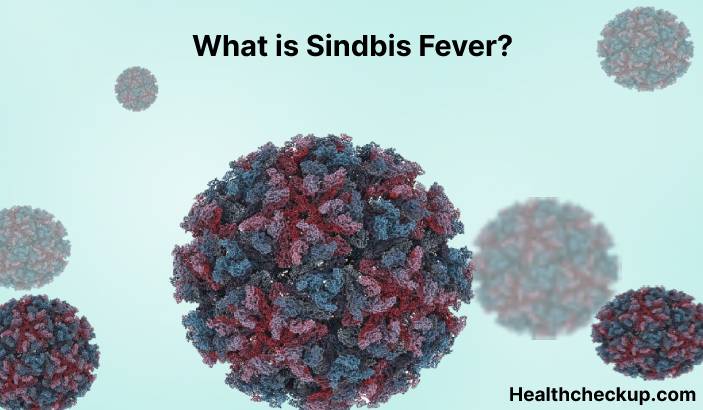Sindbis fever is a viral infection that is transmitted through the bite of infected mosquitoes. It is primarily found in Africa, Asia, and Europe, and it can cause a range of symptoms, from mild to severe. Sindbis fever is caused by the Sindbis virus, which is a member of the alphavirus family.
Symptoms of Sindbis fever may include:
- Fever
- Headache
- Rash
- Joint pain
- Muscle pain
- Nausea and vomiting
- Diarrhea
In severe cases, Sindbis fever can lead to complications, such as encephalitis (inflammation of the brain) and meningitis (inflammation of the lining of the brain and spinal cord).
Diagnosis of Sindbis fever is typically based on the presence of symptoms and a laboratory test to confirm the presence of the virus.
There is no specific treatment for Sindbis fever, and treatment is typically based on the severity of the illness. It may include medications to control symptoms, such as fever and pain, and supportive care, such as fluids to prevent dehydration.
Sindbis fever can be prevented through measures to reduce the risk of exposure to infected mosquitoes, such as using insect repellents, wearing protective clothing, and using screens or nets to keep mosquitoes out of homes. It is also important to practice good hygiene, such as washing your hands frequently, to help prevent the spread of the disease. If you are experiencing symptoms of Sindbis fever or have been exposed to infected mosquitoes, it is important to seek medical attention as soon as possible. Follow the recommendations of your healthcare provider and public health officials to help protect yourself and others from Sindbis fever.









